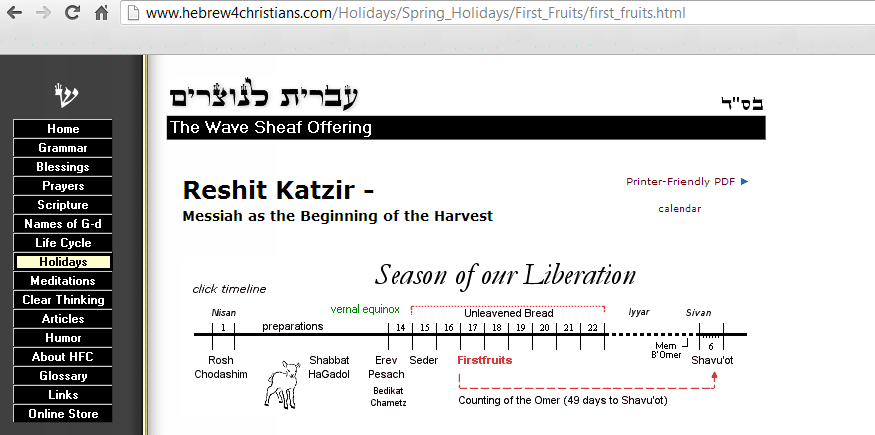Where did it need to be taught, and why?
In the statement I made, I said -- when they do what the law requires, they are a law; otherwise not.
I didn't say, when they read and obeyed the law ... that's not the point.
In the second place, the very fact that they did it -- and God responded to them -- is what gives it the scope of Law; For God looked with FAVOR on Abel's sacrifice. God need not have looked with favor on any sacrifice at all. So, rather that a law being "taught" before that time, the events of Cain and Abel point to the law being "discovered" or one that is natural being "affirmed."
I don't know if you have children, Ryan, but in my experience I give my children good things to eat. And the child intrinsically notices that I "hand" them a strawberry, or an ice-cream bar. Then something surprising happens, the child will lift up the strawberry or ice cream bar back to me, or over to their mother; repeating the same action of my giving it to them. It's an "offering", but they don't actually wish to give it up. The *action* itself, though, is an acknowledgement on their part of a consciousness of where this "good" thing came from.
Notably; the act doesn't happen when they are given something they don't like.
Now, in the Law there is this thing that Moses Codifies:
Exodu 29:26 And thou shalt take the breast of the ram of Aaron's consecration, and
wave it for a wave offering before the LORD:
and it shall be thy part.
Exodu 29:27 And thou shalt sanctify the breast of the wave offering, and the shoulder of the heave offering, which is waved, and which is heaved up, of the ram of the consecration,
even of that which is for Aaron, and of that which is for his sons:
Exodu 29:28 And it shall be Aaron's and his sons' by a statute for ever from the children of Israel:
for it is an heave offering: and it shall be an heave offering from the children of Israel of the sacrifice of their peace offerings, even their heave offering unto the LORD.
My children, although not Jews, automatically perform the same basic idea; albeit "imperfectly" if the Law of Moses is taken to be the "standard."
Where does this "law" come from ? It comes from a tradition based on reason, the simple reason of a child.
Ryan, I fail to see what this has to do with any of my discussion.
I said "when they do what the law requires" -- I never said "when they read the law" ...
To be sure, there were definitions -- based on example, not statutes; which I have stated many times before in the thread.
There was also at least one statute: Genes 2:16-17
And the very passage you are citing, is a definition of a sin. The Hebrew, there, as far as I am concerned is corrupt / obscure to the point of uninterpretable; The particular rendering you are giving, happens to be the one a translator of the Catholic Church, Jerome, gave it.
In the Greek, the passage can be read like this:
Genes 4:7
ουκ εαν ορθως προσ-ενεγκ-ης
not [determined]-if [you] rightly offered-before
ορθως δε μη διελ-ης η-μαρτ-ες
rightly but not [you]cut-before [you]wandered(impf)
The idea expressed is roughly:
if you didn't rightly cut, then you didn't rightly offer. You sinned (wandered).
There is some inuendo that I am perhaps not translating; and interpretations that would later show up in the law of Moses, proper; but I think the translation sufficient to make my point --> I would point you to the Hebrew translation you have -- and point out that the only thing really missing in your version is the definition of "sin". Here the definition is clear ... sinning (wandering, missing the target ) is an unsteady knife.
The inuendo I haven't translated is very strongly related to "sin knocking at the door" (for the tent door is where the passover blood was applied, and is a sign of the human body -- these tabernacles/tents of flesh... etc.) but that's a long discussion not appropriate here.
There is very credible historical evidence that Genesis was handed down orally, and later written down.
There are accounts, for example the "Enuma Elish" which has the elements of Genesis ( written down for a different purpose, and with political spin ) showing a philosophical debate between Israel and Babylon over their historical understanding of the law. Two different viewpoints showing evidence of copying something more ancient.
I give the following translation as an example, and note: the translation is interpolated and inaccurate in places -- I checked it some years ago.
Do not attempt to use it as is, as an interpretive text; it's just an example.
http://www.sacred-texts.com/ane/enuma.htm
One element of importance: It is written down on seven tablets. eg: the same as the number of "days" in the Genesis creation account? etc.
There are also other texts which record the flood of Noe; and the *same* sacrificial rites, clean/unclean, the smoke rising to God. etc.
The differences from Genesis show these other nations had different concerns in their preservation of the stories; but the similarities, even in people's names, betray the fact that they have a common origin. An oral tradition.
They were all saved by their faith, but you see their righteous actions at work. They heeded and responded to God's instructions at that time and were obedient. That is what Law means. It means God's instructions, not a set of judicial and criminal terminology that puts a negative connotation to it. Maybe I'll start quoting from the CJB. God gave Sinai at that particular time for a particular people in his infinite wisdom for a particular purpose.
Do you see what I am saying, somehow, in opposition to something you are saying? I'm trying to figure out how your last paragraph, here, relates to the thesis: "They are a law unto themselves when they do as the law requires." ; where I am stipulating that the "law" of Moses (not Genesis) is the particular emphasis of the sentence in Romans 2:14. There is a mixture of things explicit in the law, some of which are found in Genesis -- but without the guidance of the Law of Moses.






 Look when the "firstfruits" of Love, Joy, Peace are cultivated and harvested.
Look when the "firstfruits" of Love, Joy, Peace are cultivated and harvested. 
